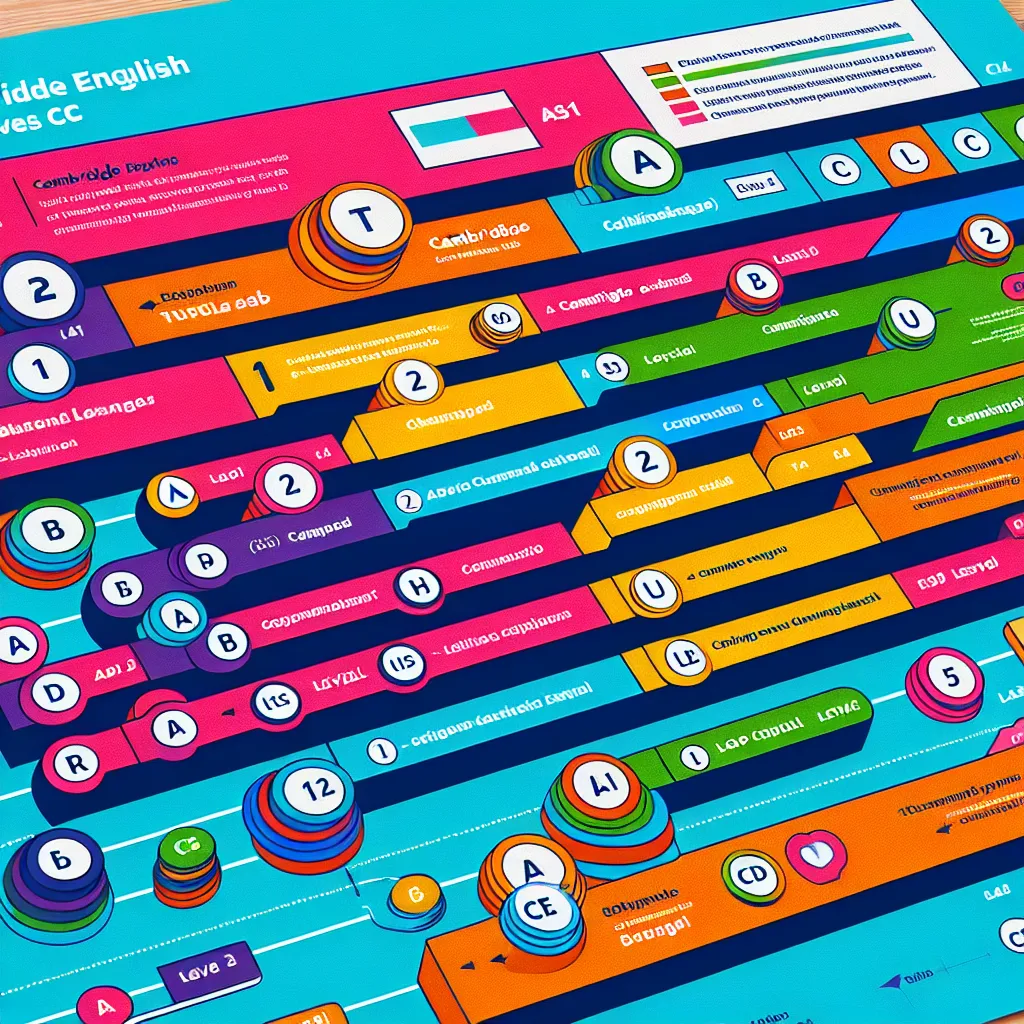Are you preparing for a Cambridge exam and looking to enhance your reading comprehension skills? You’re in the right place! As an experienced Cambridge exam instructor and content creator for LearnEnglish.NET, I’ll guide you through proven strategies to boost your reading performance. Let’s dive into the most effective ways to improve your Cambridge reading comprehension.
Understanding Cambridge Reading Comprehension
Cambridge reading comprehension is a crucial component of various Cambridge English exams, including FCE, CAE, and CPE. It assesses your ability to understand and interpret written texts, ranging from short passages to longer articles. Mastering this skill is essential for achieving a high score and demonstrating your English proficiency.
 Cambridge Reading Comprehension
Cambridge Reading Comprehension
Strategies to Enhance Your Reading Skills
1. Develop Active Reading Habits
Active reading is a key strategy for improving comprehension. Here’s how to practice it:
- Preview the text before reading
- Highlight key information
- Make notes or summaries
- Ask yourself questions about the content
By engaging with the text actively, you’ll retain information more effectively and improve your understanding.
2. Expand Your Vocabulary
A rich vocabulary is crucial for understanding complex texts. Try these methods to broaden your word knowledge:
- Read diverse English materials daily
- Keep a vocabulary journal
- Use new words in context
- Study word families and collocations
Remember, the Cambridge exams often test less common words and idiomatic expressions, so focus on expanding beyond basic vocabulary.
3. Practice Timed Reading
Cambridge exams have strict time limits, so it’s essential to improve your reading speed without sacrificing comprehension. Here’s how:
- Set a timer for each practice session
- Gradually increase your reading speed
- Use finger or pen tracking to maintain focus
- Practice skimming and scanning techniques
Regular timed practice will help you become more comfortable with the exam format and time pressure.
4. Familiarize Yourself with Question Types
Cambridge reading tests include various question formats. Get acquainted with these types:
- Multiple choice
- Matching
- True/False/Not Given
- Gapped text
- Multiple matching
Understanding the question formats will help you approach each task more efficiently during the exam.
5. Improve Your Skimming and Scanning Skills
Skimming and scanning are essential techniques for Cambridge reading comprehension. Here’s how to refine these skills:
- Skimming: Practice quickly reading for the main idea
- Scanning: Look for specific information or keywords
- Use headings, subheadings, and topic sentences to guide you
These techniques will save you time and help you locate relevant information quickly.
 Skimming and Scanning Techniques
Skimming and Scanning Techniques
6. Analyze Text Structure and Purpose
Understanding how texts are organized can significantly improve your comprehension. Pay attention to:
- Text types (e.g., narrative, descriptive, argumentative)
- Paragraph structure
- Linking words and phrases
- Author’s tone and purpose
This awareness will help you predict information and understand the overall message more effectively.
7. Practice with Authentic Materials
Expose yourself to a wide range of authentic English texts:
- Newspapers and magazines
- Academic journals
- Literary works
- Online articles and blogs
Using real-world materials will prepare you for the diverse content you’ll encounter in Cambridge exams.
8. Develop Inference Skills
Cambridge exams often require you to read between the lines. Improve your inference skills by:
- Looking for context clues
- Considering the author’s tone and word choice
- Connecting ideas across paragraphs
- Drawing logical conclusions based on given information
Strong inference skills will help you tackle more challenging questions with confidence.
9. Use Practice Tests and Past Papers
Regularly working with official Cambridge practice tests and past papers is crucial. This approach:
- Familiarizes you with the exam format
- Helps you manage time effectively
- Identifies your strengths and weaknesses
- Builds confidence in your abilities
Make sure to review your answers and understand your mistakes to continuously improve.
10. Implement a Consistent Study Plan
Consistency is key to improving your reading comprehension. Create a study plan that includes:
- Daily reading practice
- Vocabulary building exercises
- Timed reading sessions
- Regular mock tests
Stick to your plan and track your progress to stay motivated and see tangible improvements.
Common Pitfalls to Avoid
As you work on improving your Cambridge reading comprehension, be aware of these common mistakes:
- Spending too much time on difficult questions
- Neglecting to read instructions carefully
- Failing to manage time effectively
- Overlooking context clues in the text
- Not practicing with a variety of text types
By being mindful of these pitfalls, you can avoid them and focus on strategies that will boost your performance.
Next Steps: Putting Your Skills into Practice
Now that you’ve learned these strategies, it’s time to put them into action:
- Start with a diagnostic test to assess your current level
- Create a personalized study plan based on your weaknesses
- Set realistic goals for improvement
- Practice regularly using the techniques discussed
- Monitor your progress and adjust your approach as needed
Remember, improving your Cambridge reading comprehension is a journey. Be patient with yourself and celebrate your progress along the way.
Conclusion
Enhancing your Cambridge reading comprehension skills requires dedication, practice, and the right strategies. By implementing the tips and techniques outlined in this guide, you’ll be well on your way to achieving excellence in your Cambridge exam. Remember to stay consistent, challenge yourself with diverse reading materials, and always strive for improvement. With perseverance and the right approach, you’ll see significant progress in your reading comprehension abilities.
Do you have any questions about improving your Cambridge reading comprehension? Share your thoughts in the comments below, and don’t forget to check out our other articles on Cambridge exam preparation for more valuable insights and tips.
[internal_links]




